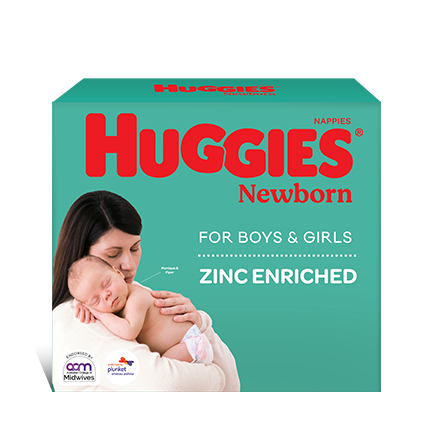The New Zealand Human Rights Commission is an independent group set up by the government. It ensures that the legislation governing anti-discrimination in New Zealand is carried out and if there is an infringement of the law, they will investigate.
Pregnancy discrimination is a form of sex discrimination. Under the Human Rights Act it may be unlawful for an employer to discriminate against you as an employee (or a job applicant) because you are pregnant or because it is assumed you may become pregnant at some future time.
The Employment Relations Act 2000 contains similar protections for pregnant workers and the Parental Leave and Employment Protection Act 1987 prohibits dismissal because of pregnancy or parental leave.
Check the New Zealand Human Rights Commission website for more details.
What is pregnancy discrimination?
- Pregnancy discrimination can be either direct or indirect
- Direct discrimination occurs when a woman is treated less favourably than another person because of her pregnancy
- Indirect discrimination occurs when a condition, requirement or workplace practice that is imposed on everyone, disadvantages a woman because she is pregnant. Indirect discrimination often appears to be fair to everyone, but the condition or practice has an adverse effect on pregnant women and there is no good reason for it.
- Pregnancy discrimination can also include women who are perceived as likely to become, or want to become, pregnant, for example, where a woman has expressed a desire to have children.
- PUT SIMPLY Treating a woman unfairly in employment because she is pregnant or may become pregnant is unlawful.
Pregnant workers may be unlawfully discriminated against when, because of their pregnancy, they are:
- Refused employment, promotion, or the opportunity to apply for a position
- Dismissed or made redundant
- Subjected to derogatory or insulting remarks which have a negative impact on them
- Excluded from training, work functions or other benefits
- Transferred to other jobs without consultation or their agreement (unless there are good reasons for the transfer)
- Demoted or have their seniority reduced or their continuity of service cancelled.
- If however because of her pregnancy, a woman is genuinely unable to complete the terms of her employment or her pregnancy prevents her from executing her usual duties, pregnancy discrimination does not apply.
- If your usual job exposes you or your unborn baby to potential risks while you are pregnant, you will need to speak with your employer. Finding a safe working alternative or going on lighter duties will be important. Women in the chemical, dental, heavy lifting or radiation industry will need to seek alternatives during their pregnancy.
How will I know if I’m being discriminated against?
If you suspect you are being treated unfairly as a result of being pregnant, you have the right to question why. If you suspect it is because of your pregnancy, rather than your work performance, there are formal means you can pursue.
Many pregnant women feel anxious that by raising their concerns, they could potentially make their situation worse. But it is worth remembering that you are protected by Commonwealth Law and employers have certain conditions under which they must comply to ensure they are abiding by the law.
What can I do If I’m experiencing pregnancy discrimination?
- Check the New Zealand Human Rights Commission to become familiar with your rights.
- Keep your own written record of the incidents that you think are a problem and talk it over with someone you trust to help clarify your best course of action. You could talk to your manager, a human resources person or contact your union and speak with an official who is familiar with the legislation and your protective rights. Occasionally mediation is necessary so that there is a clear understanding of the rights and responsibilities from both parties. If this is not successful, there are guidelines and processes which can be evoked if necessary.
What about my appointments?
If you need to attend ante-natal appointments in the course of your working day, you should be covered for this time in your usual sick leave provisions. A sick certificate may be necessary or perhaps not. If you can work out a flexible arrangement with your individual employer regarding making up time or taking time off in lieu, this is preferable.
Under the Parental Leave and Employment Protection Act, special leave is available for eligible employees that entitles you to take up to 10 days special leave without pay for reasons connected with your pregnancy.
What’s the best way to prevent any problems?
Aim to keep an open and honest line of communication open with your employer. If you do not wish to tell them you are pregnant or exactly when your due date is, this is reasonable. Though there will come a time in your pregnancy that, in all fairness to your employer, you will need to advise them. This should include information regarding when you will be taking leave and when and if, you expect to return. If you are not sure of this yourself, let them know you will inform them when you are.
Your job may need to be filled and a suitable replacement found. You may need to be involved in handing over certain tasks and mentoring a new staff member into the workplace.
Managing human resources and staffing, by nature, can be a time and labour intensive process and it will assist your employer to know how to plan around your leave.
Last Published* May, 2024
*Please note that the published date may not be the same as the date that the content was created and that information above may have changed since.






















